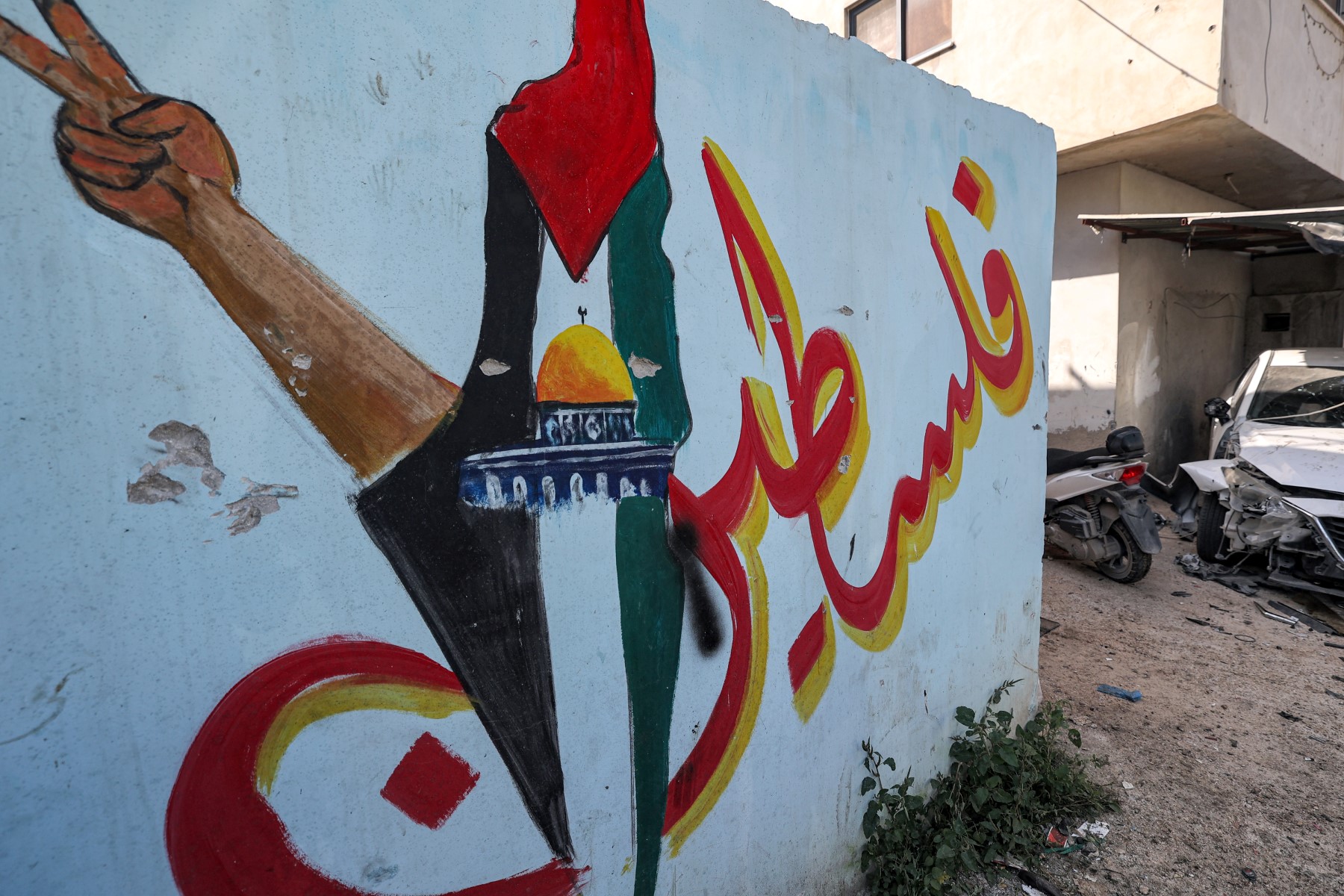Haifa, Palestinian Territories — Digital rights of Palestinians and their supporters have been widely violated in the digital space, according to a report by the Arab Center for the Advancement of Social Media (7amleh).
The report, “Hashtag Palestine 2023”, focused on the digital rights violations that Palestinians and supporters of Palestinian rights are exposed to in the digital space and on social media.
It also offered a diagnosis of the state of digital rights in 2023 and analyzed the impact of various political and field developments on the digital rights situation over the past year.
“Those developments had a significant impact on the digital world, freedom of speech, privacy, and security, leading to a deterioration in the digital rights situation of Palestinians and their supporters, especially after the escalation of Israeli aggression on the Gaza Strip, which led to widespread impacts on digital freedoms in the region and the world,” the report said, according to WAFA.
The “Hashtag Palestine 2023” report monitored circumstances that led to a cumulative increase in digital violations by relying on the database of the Palestinian Observatory of Digital Rights Violations (7or), which documented 4,400 violations varied between removing and restricting content, hacking accounts, all the way to hate speech, violence and incitement.
The report showed that 69 percent of these violations were documented after 7 Oct 2023. The report also relied on data from the “Violence Indicator,” an AI-powered language model that monitors the spread of hate speech and violence in Hebrew against Palestinians, developed by 7amleh. The “Violence Indicator” documented nearly 3 million instances of violent, hateful, or otherwise negative content in the Hebrew language directed against Palestinians, WAFA reported.
Additionally, the report reviews academic articles, local, regional and international media materials, and global human rights legislation. It includes interviews with experts in the field of human rights, in addition to 7amleh’s partners in various digital analysis and monitoring institutions.
In its pages, the report reflected the enormous challenges and damage that Palestinians in the Gaza Strip faced in regard to digital infrastructure as a result of the siege and the ongoing Israeli aggression since October 7, which led to the deliberate disruption and destruction of telecommunications infrastructure in the Strip.
The report also delved into the increased surveillance and control in the occupied Palestinian territory, including East Jerusalem, through the deployment of advanced surveillance technologies by the Israeli authorities, such as “facial recognition” technologies across checkpoints and barriers.
In addition, the report discussed in detail political and legal developments that occurred during the past year, such as the establishment of a team to combat “incitement” led by Israeli Minister of Internal Security Itamar Ben Gvir, who took strict measures against the Palestinians and worked to monitor and remove incitement content on the Internet, and open criminal investigations in this regard.
The Israeli Knesset approved the draft anti-terrorism law, which gives the Israeli government’s security agencies the authority to prosecute and impose severe penalties on those accused of systematically and regularly reviewing publications by organizations that Israeli law defines as terrorist. 7amleh previously issued a position paper in which it explained its fears of violations to freedom of expression, and the political and social repercussions of such a law.
The report also showed indicators proving the increase in arrests and political persecution by the Israeli authorities of users, activists, and journalists based on their opinions on social media platforms following the Israeli war on the Gaza Strip.
It also shed light on the practices of Meta’s noticeable discrimination against the content published in Arabic on its various platforms and its profit-making through the publication of sponsored violent content in the Hebrew language.
The report also discussed the margin of freedom of expression that X provided on its platform compared to the margin of freedom to publish violent and harmful speeches against Palestinians in the Hebrew language, which spread massively on X compared to other social media platforms.
The report summarized a set of important recommendations to confront digital challenges, related to the need for major social media companies to adopt effective policies to protect the digital rights of Palestinians, with a focus on maximum transparency in content moderation and achieving the necessary balance between technology and human rights.
It also highlighted the importance of the work of Palestinian civil society organizations and non-profit institutions on intersectional work in order to protect digital rights. The recommendations also addressed to the Palestinian Authority regarding intensifying effective communication to the relevant Palestinian ministries and working to end digital discrimination against Palestinians, improving policies and laws related to digital spaces and working to protect and enhance digital safety and security for Palestinians.
Some of the report’s recommendations for third-party countries include global pressure on the Israeli government to stop human rights violations in Palestine, demanding that technology and social media companies put an end to discriminatory policies on platforms, and calling on them to respect the principles of human rights and international law, in addition to stopping the use of monitoring and spying technologies and banning their sale without having adequate guarantees on human rights.








